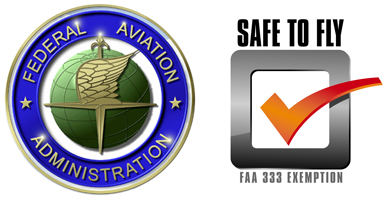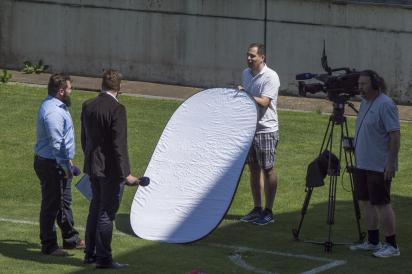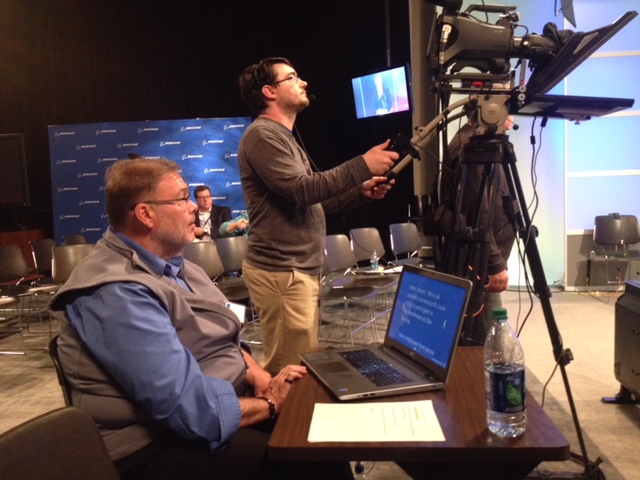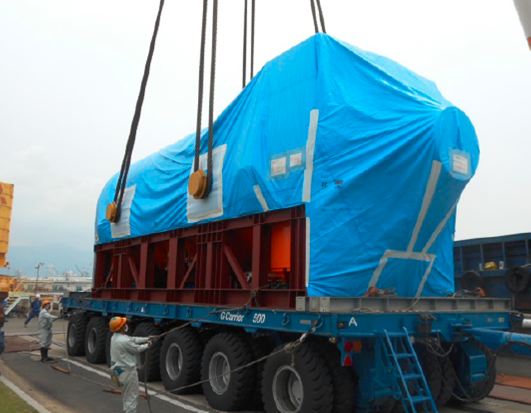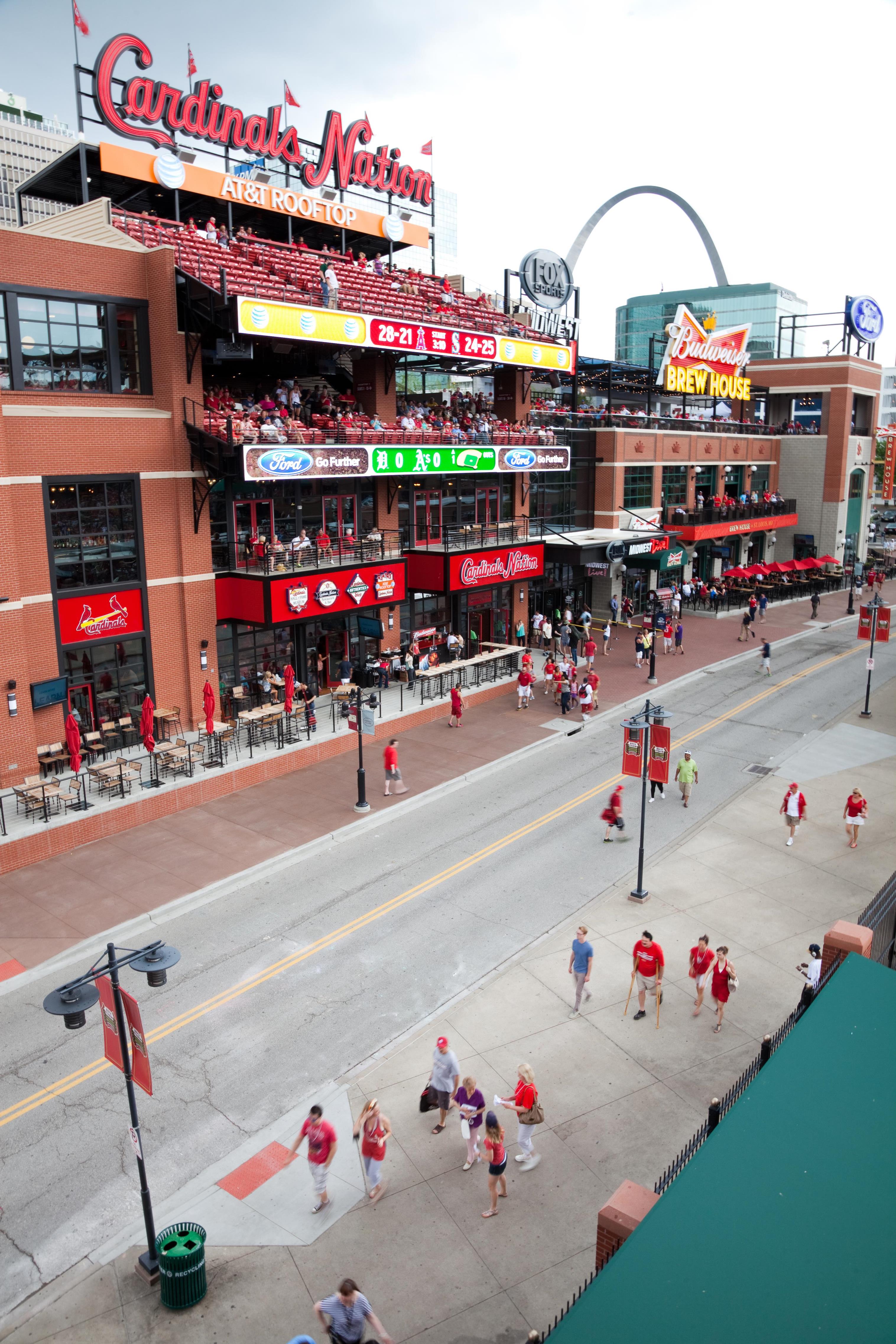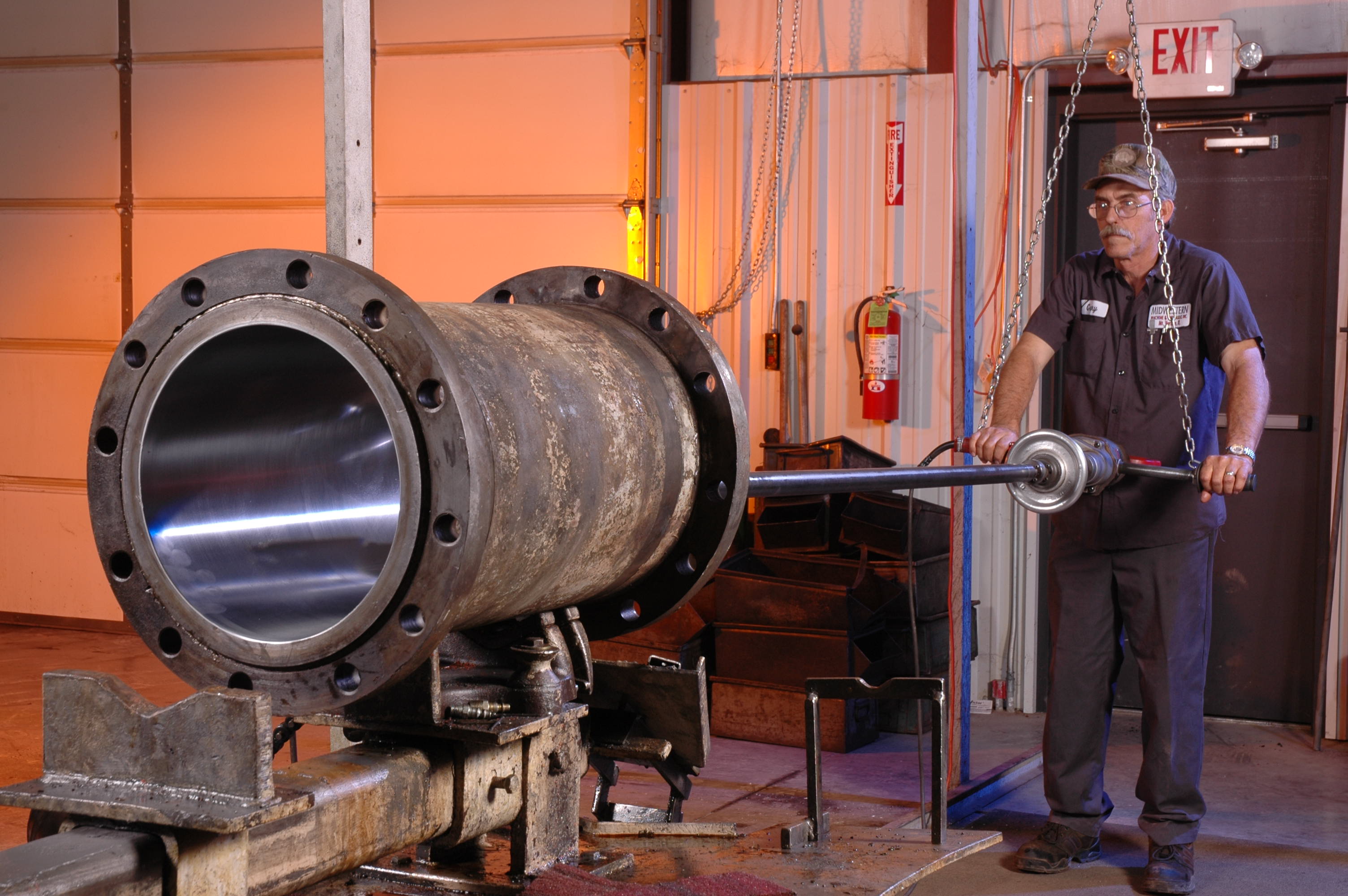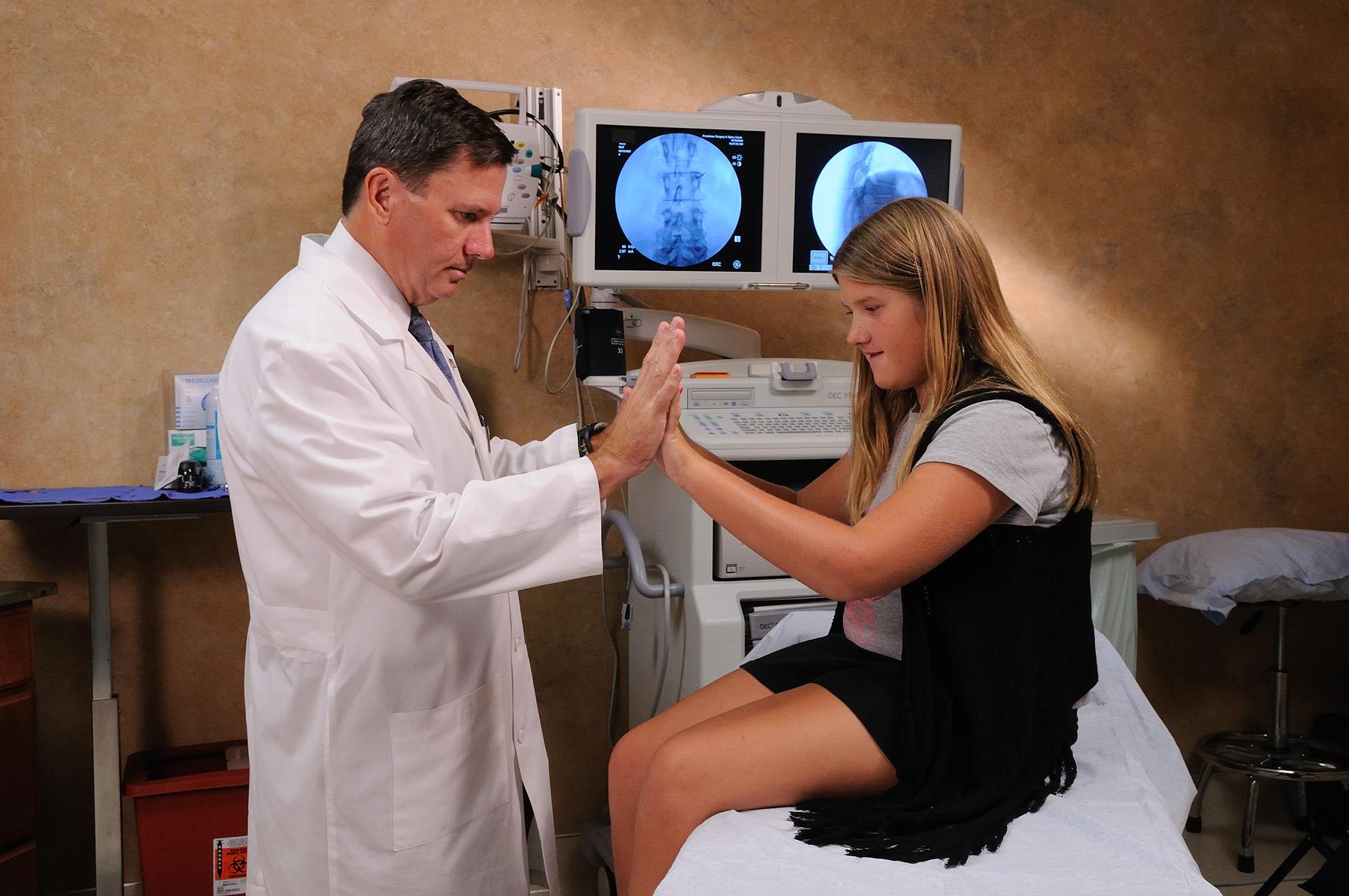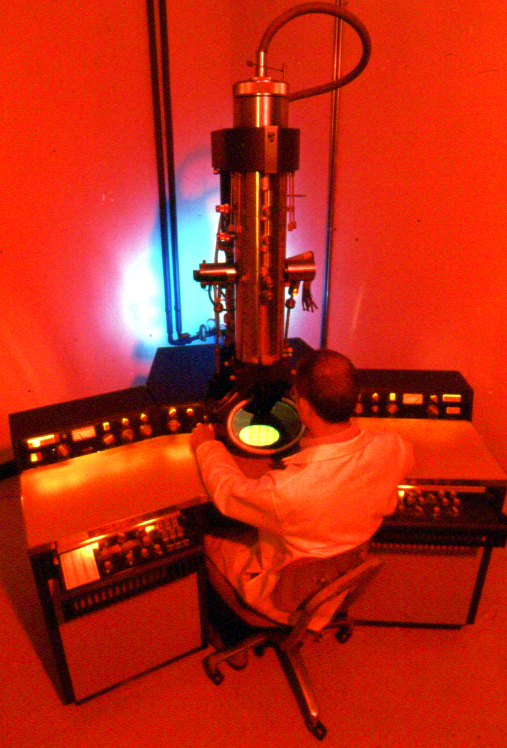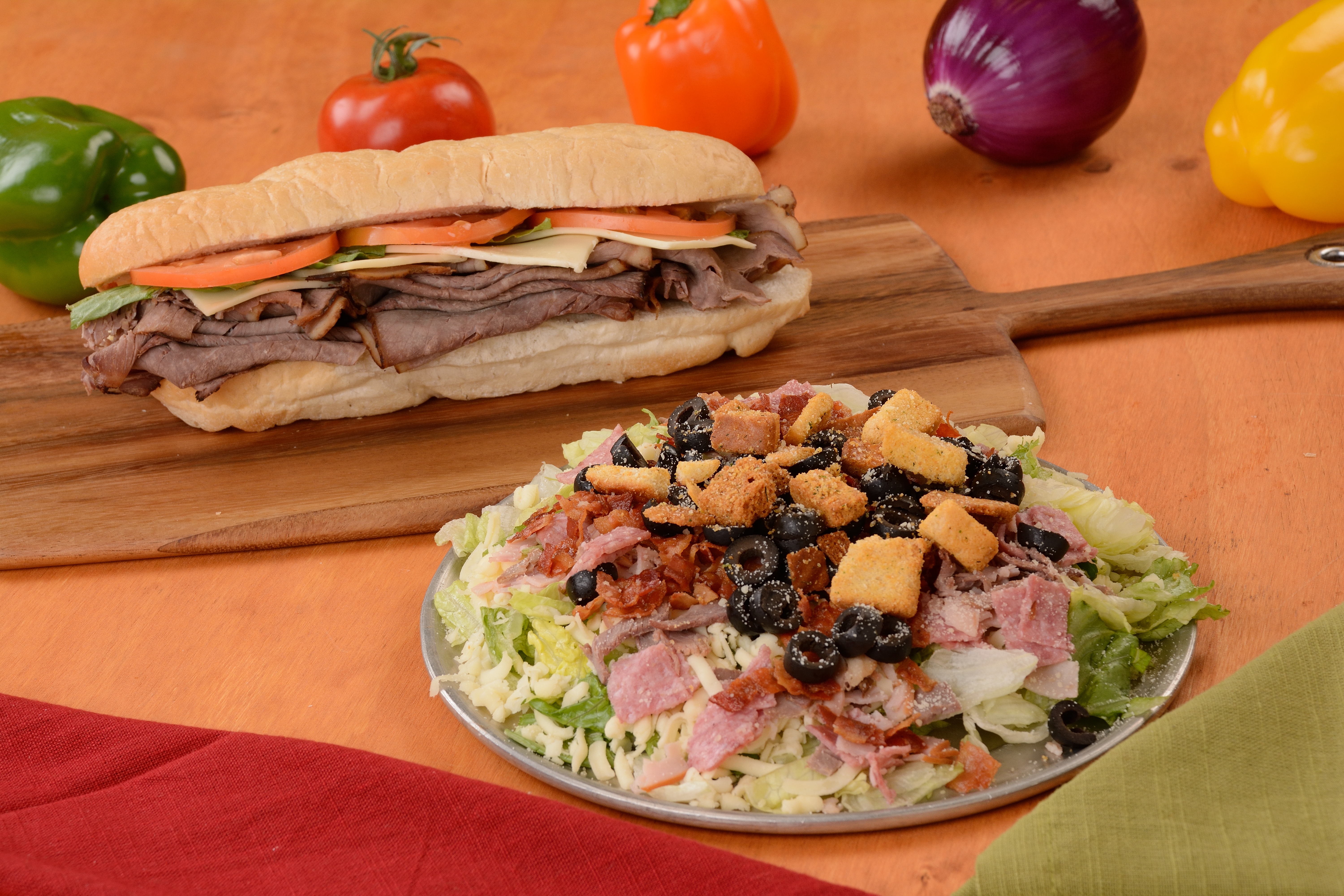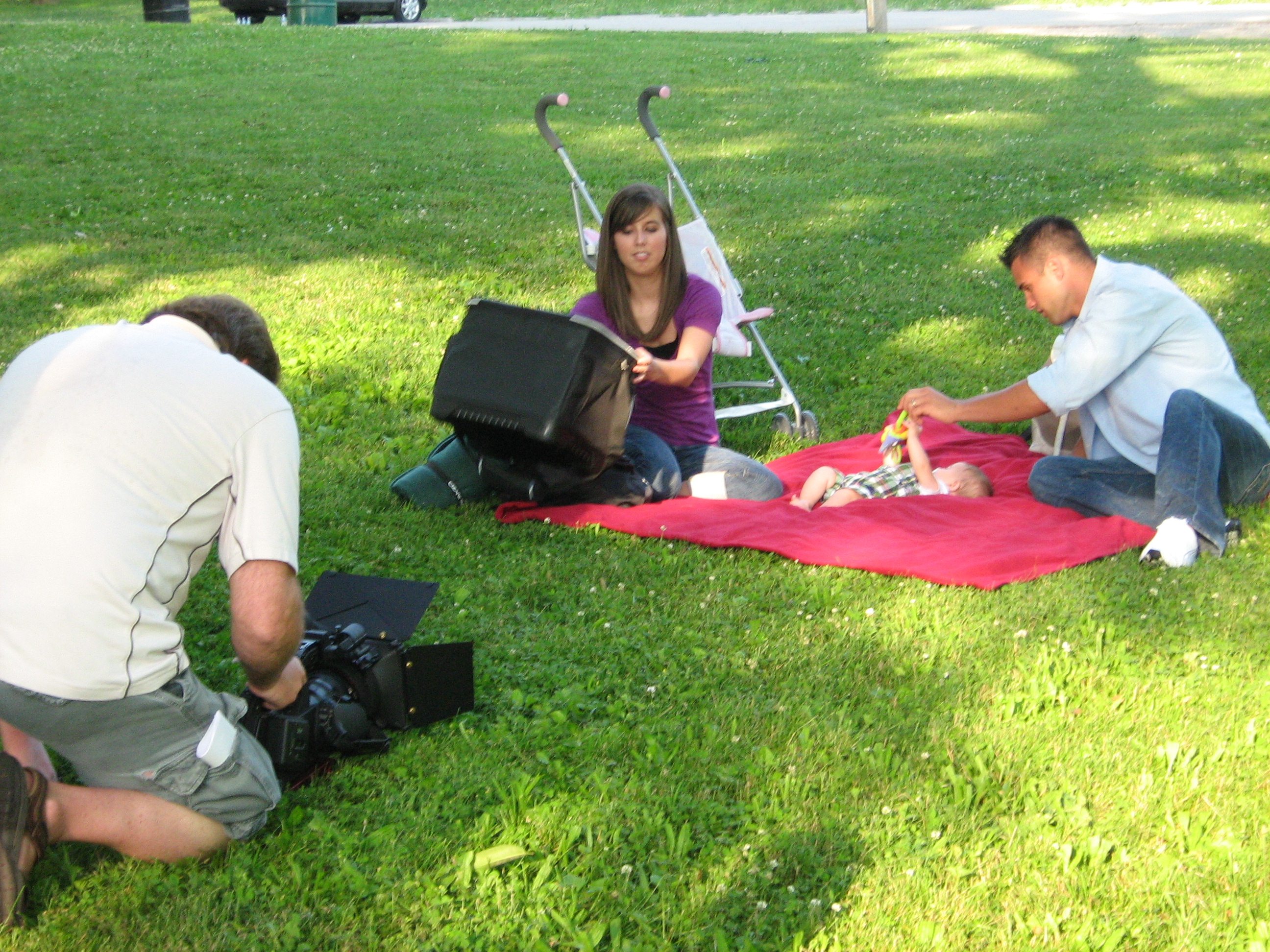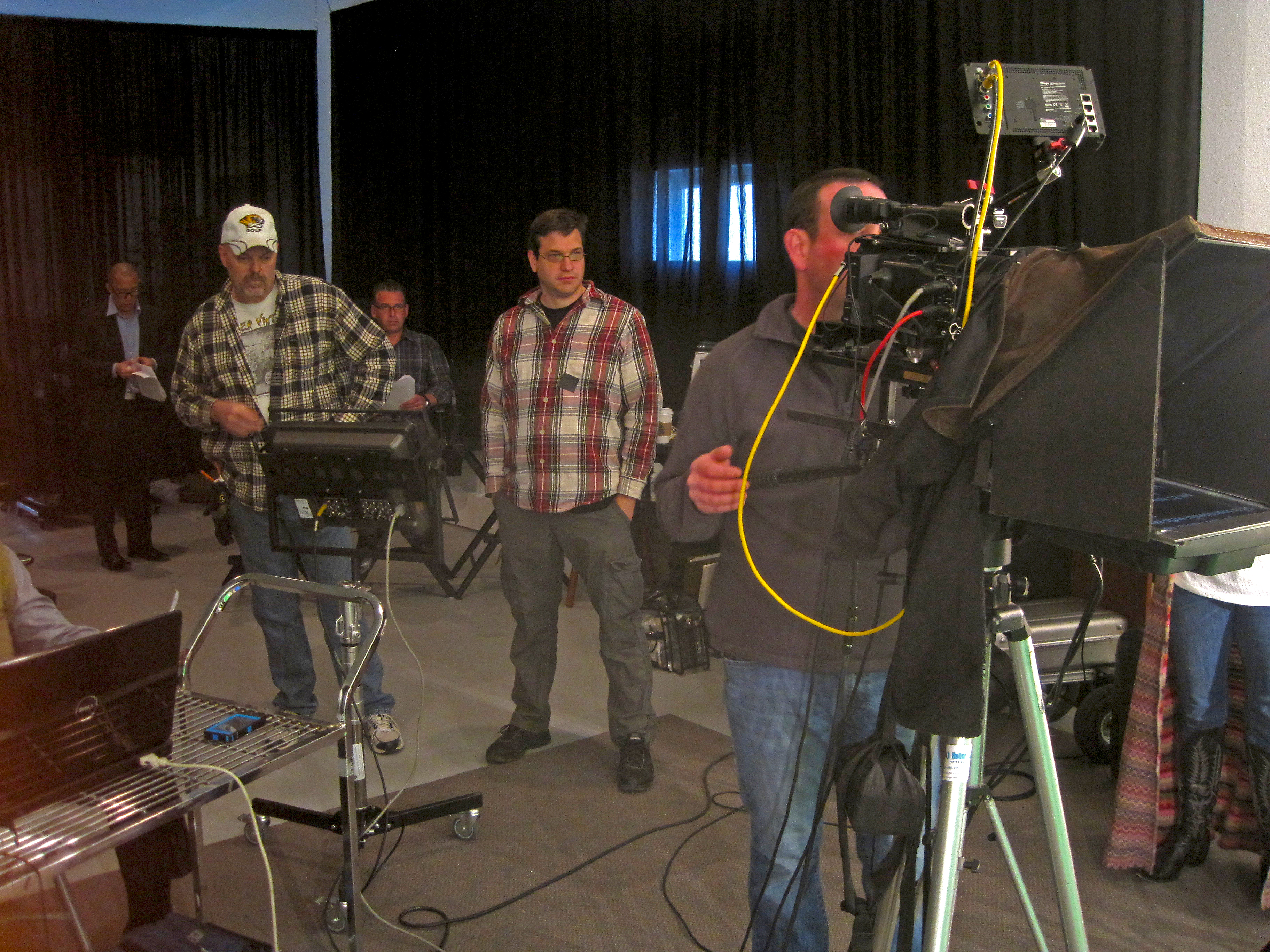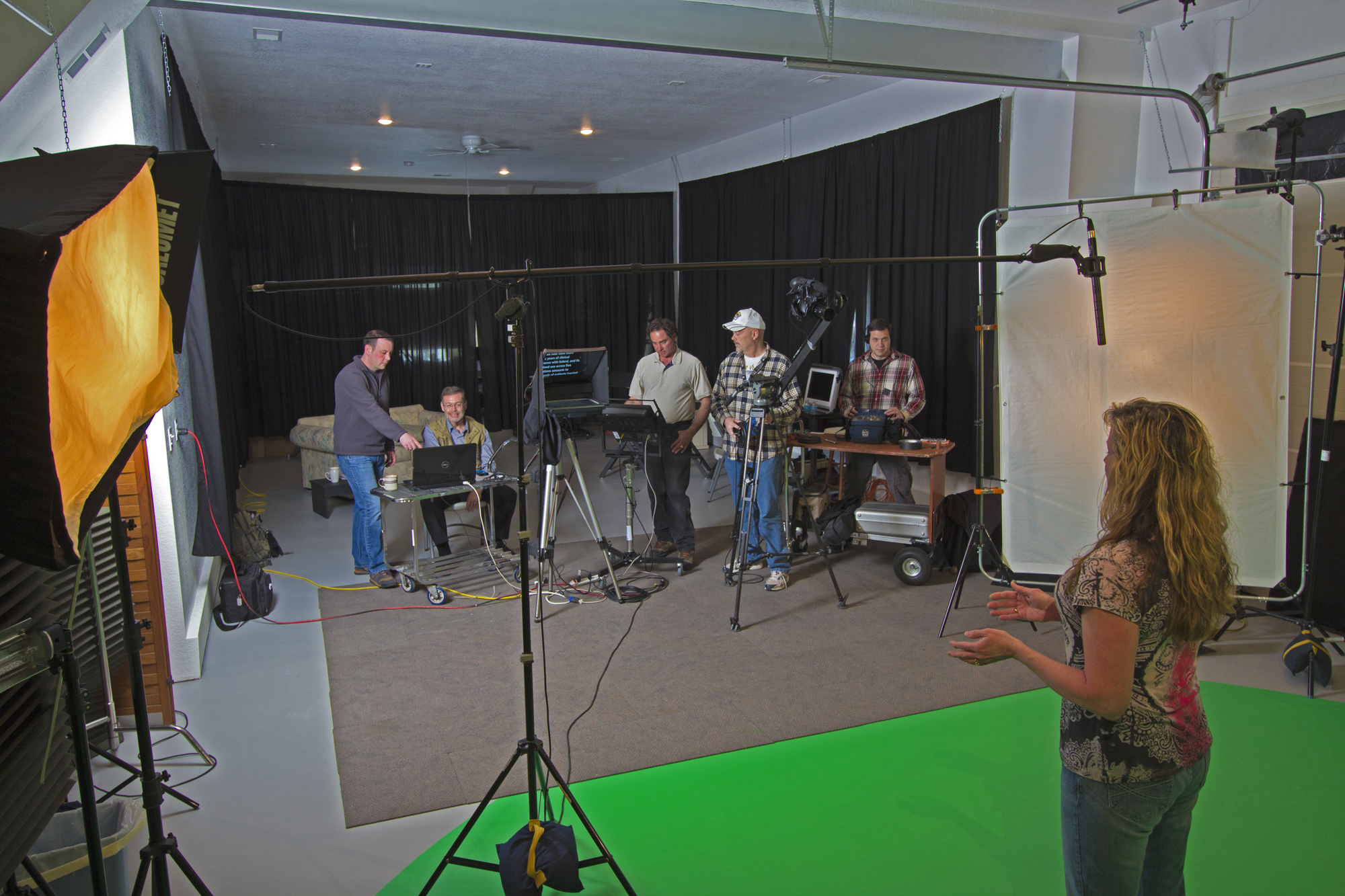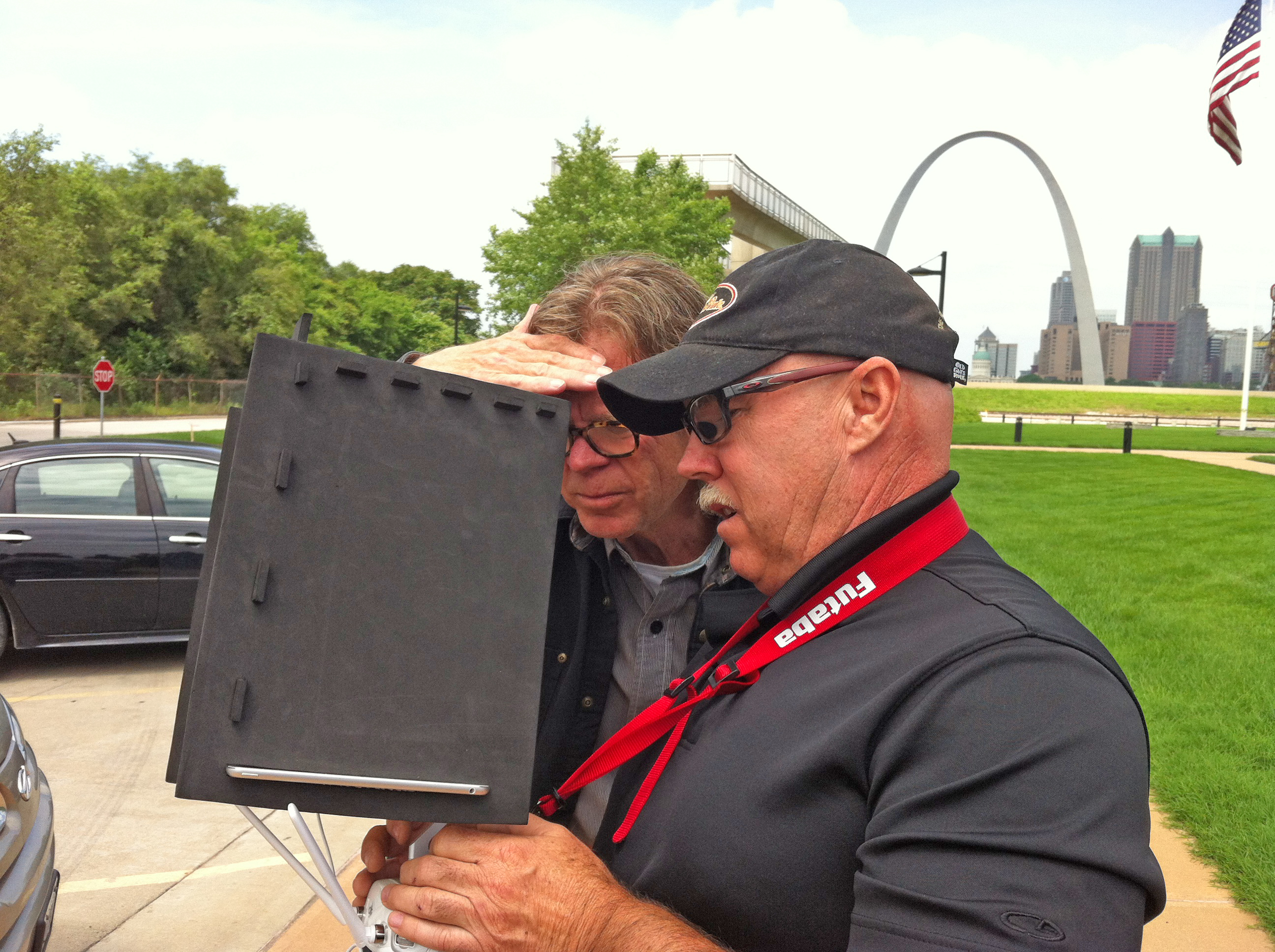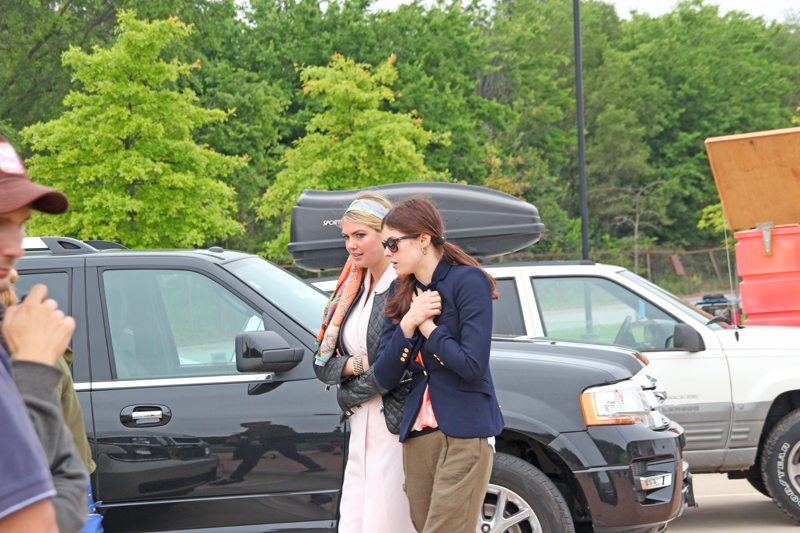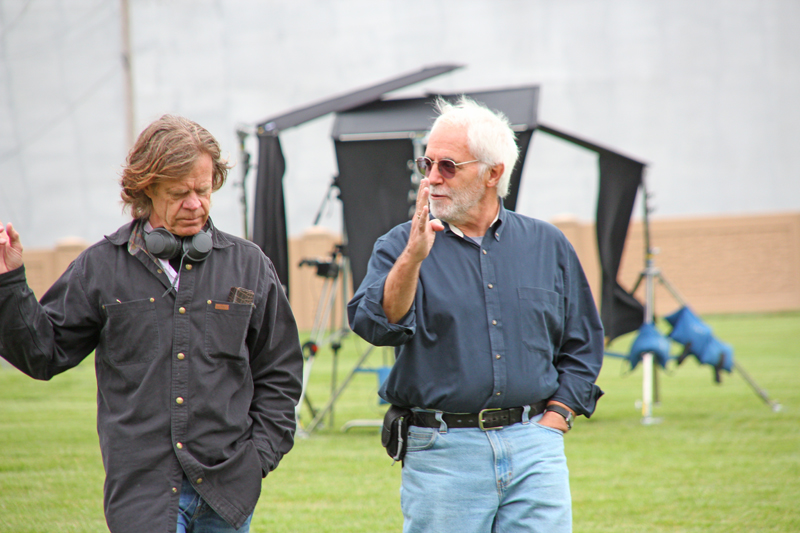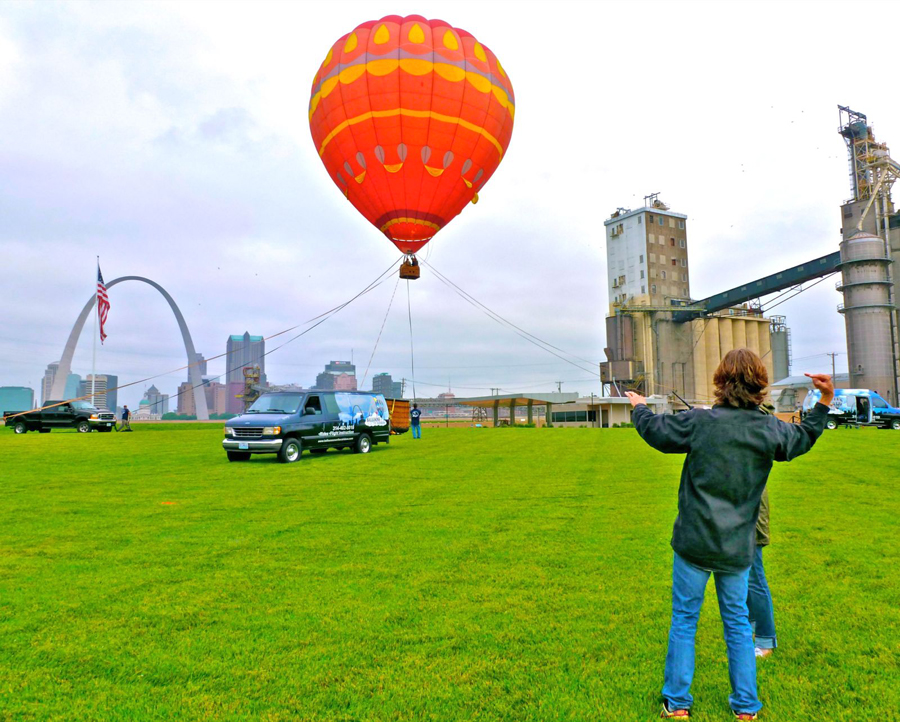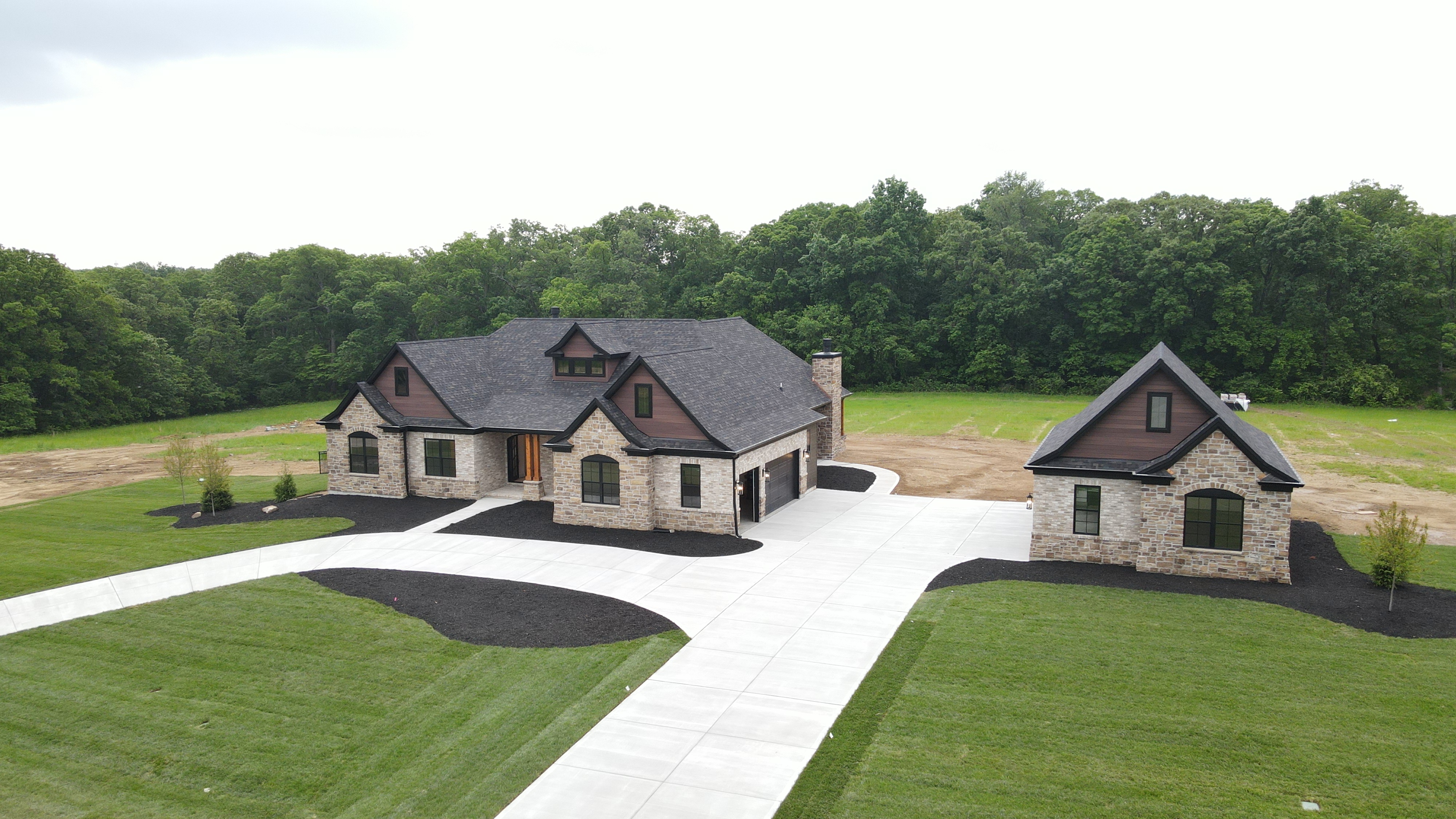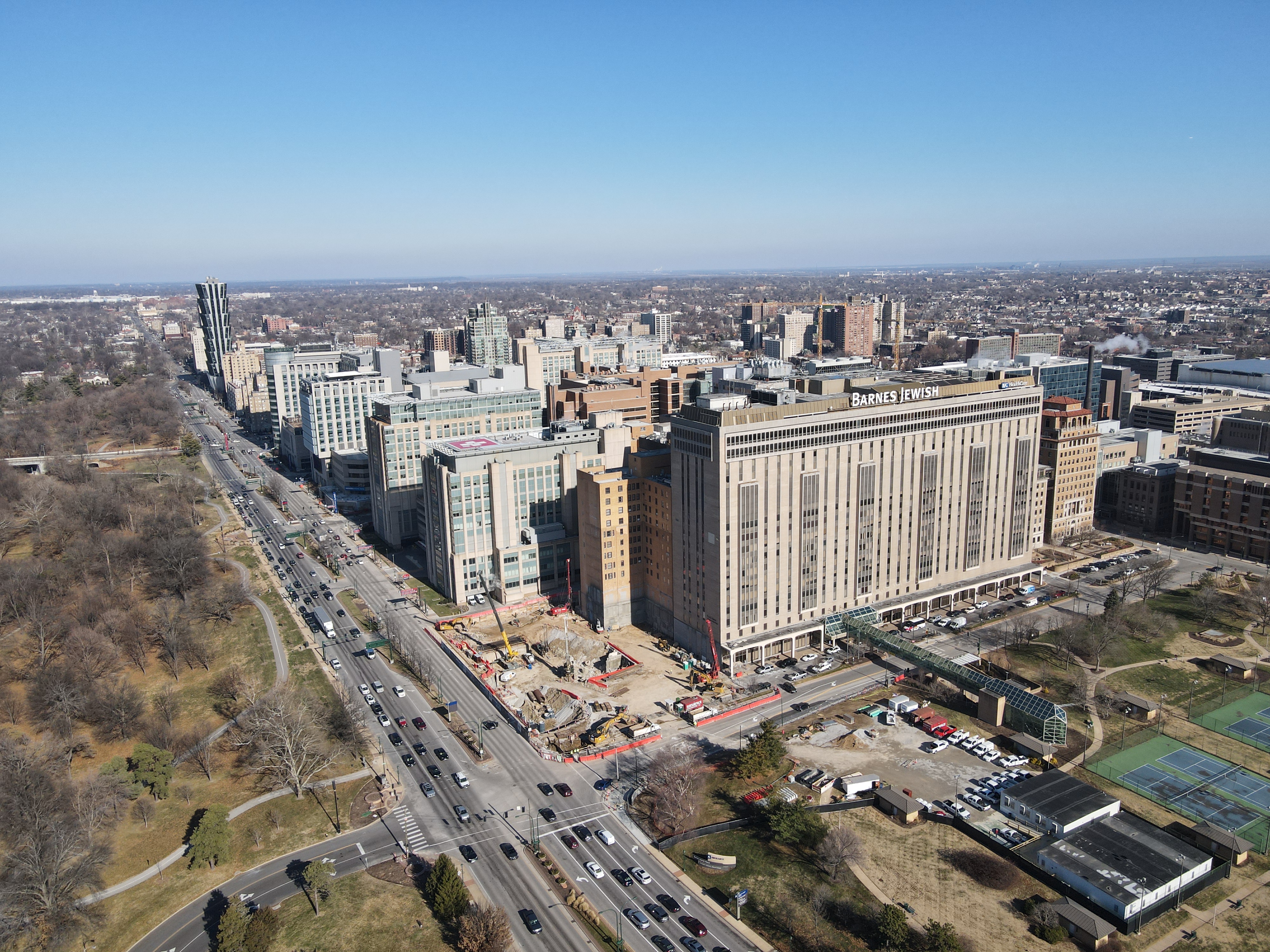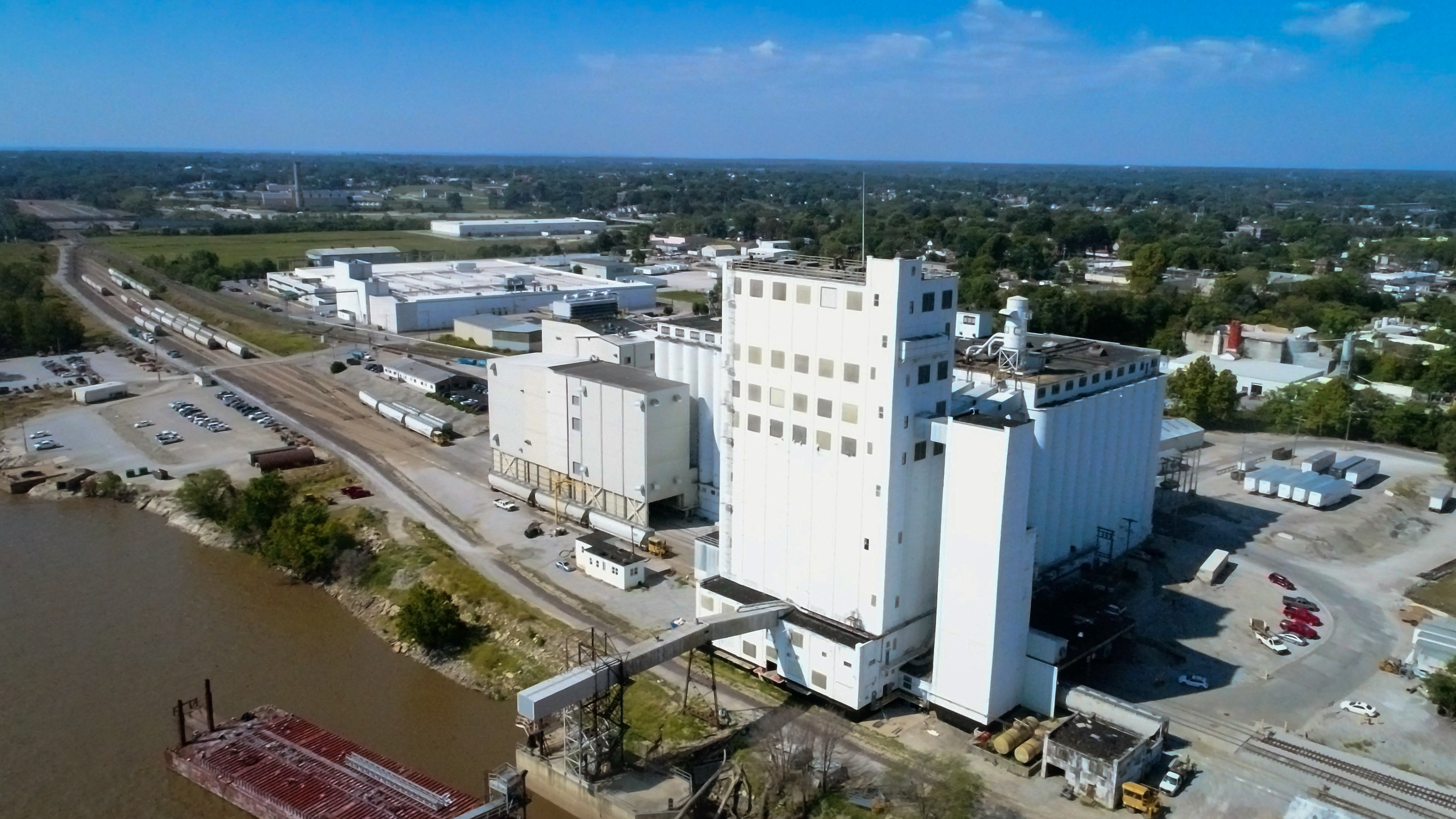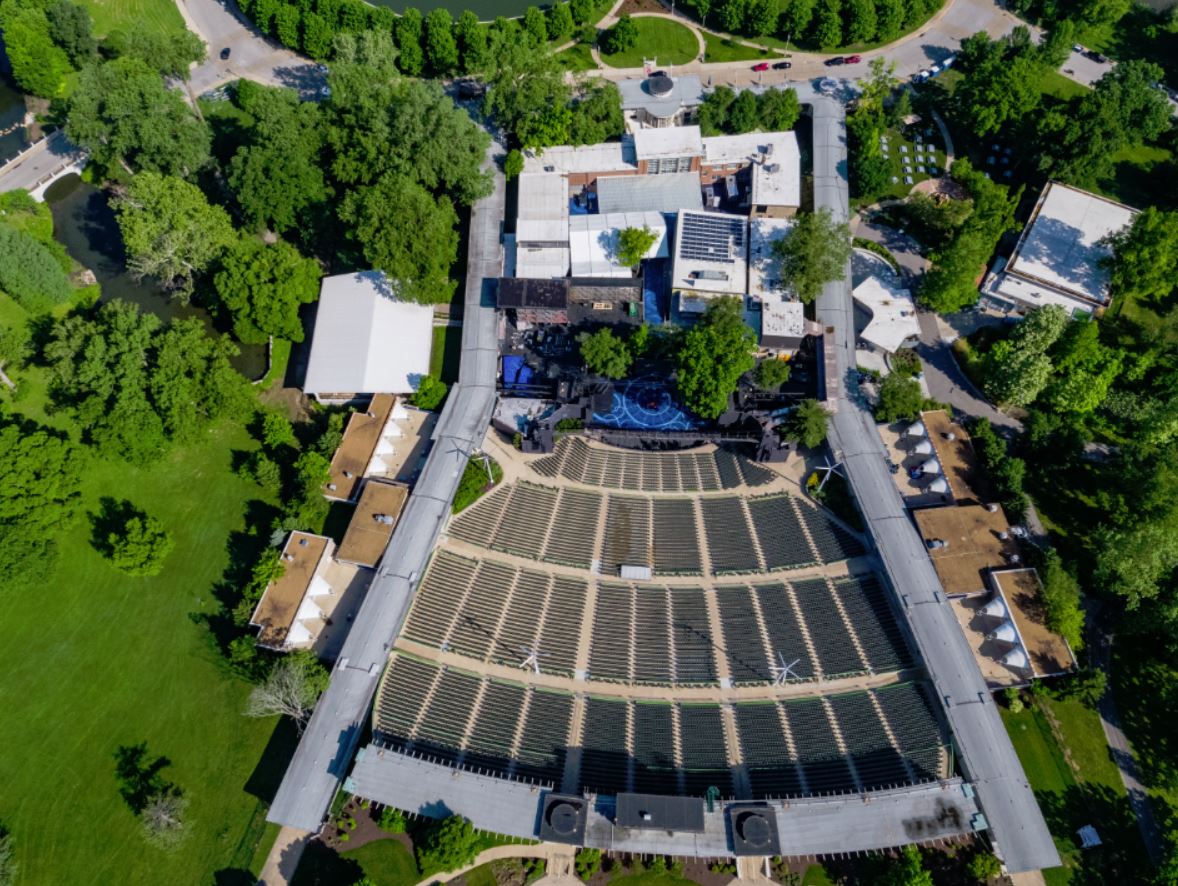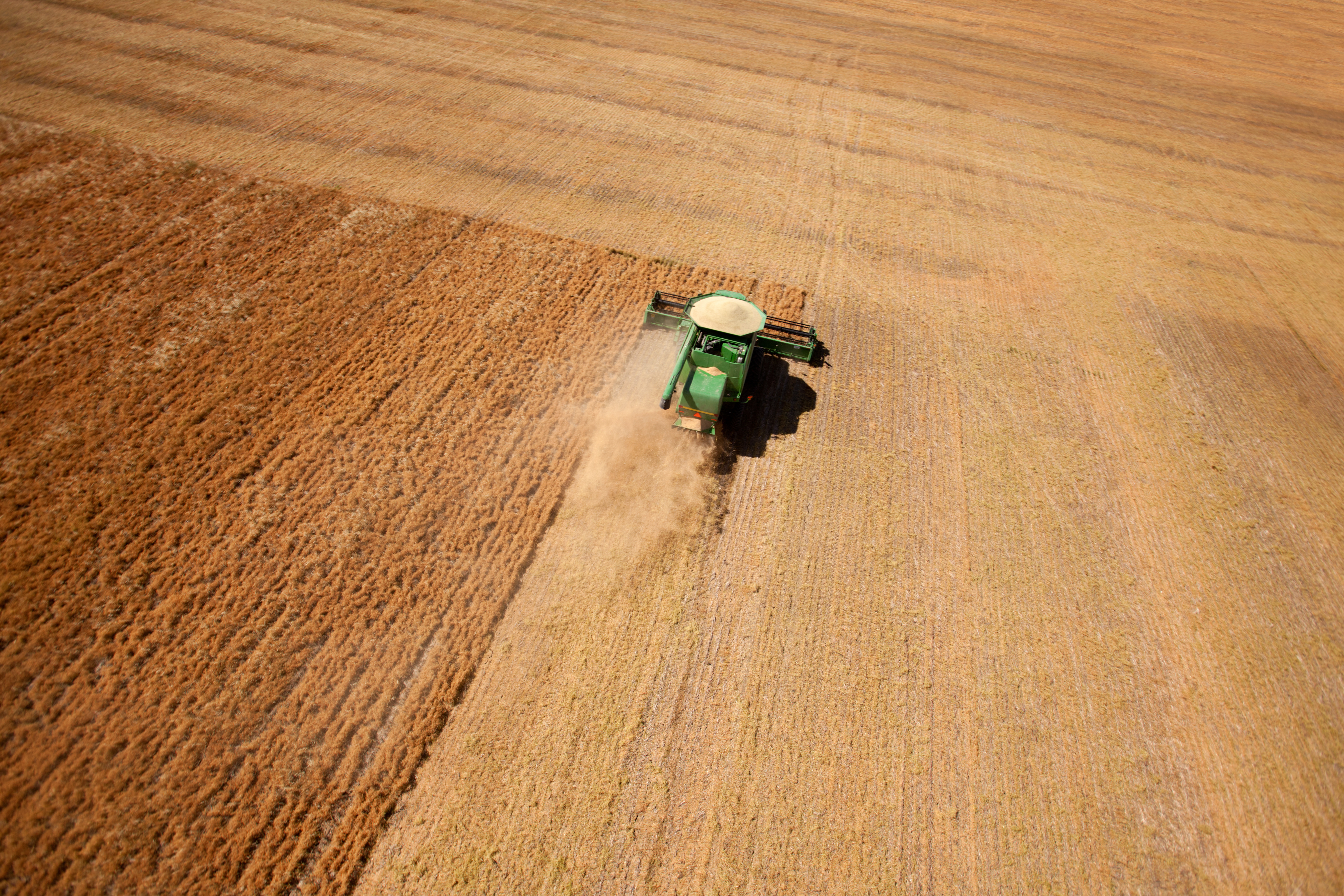camera and teleprompter crew
Professional video often requires a script and a teleprompter. We provide both very well.
Reading a script from a teleprompter will help you focus and speak with greater confidence!
Don’t sit or stand too close to the camera, it may appear as though you are looking too far up or down. If you sit further away you will appear to be looking at the viewer.

Slow it down.
Set your delivery speed so that the words flow naturally from your mouth as you would normally speak. Do not rush through the script. Breathe normally.
Your script should be written as though you’re speaking directly to one person, keep it personal and one-to-one.
Practice and read your script out loud. If you stumble over words that don’t seem to flow together, change your script.
Write and speak conversationally. Your goal is grammatically correct language in day-to-day conversation.
Print out the script to rehearse before you shoot. Even if you don’t have much experience with public speaking, after a few takes, you will be happy with how you sound and look.
The script and teleprompter makes it so much easier for a true professional looking video production.
What is a Camera and Teleprompter Video Crew and How Does it Work?
A camera and teleprompter video crew is the combination of one or more videographers, a teleprompter operator and associated equipment used to capture television programs, commercials, corporate videos, and feature films. Depending on the size of the production, there might be additional crew members present to support the technical aspects of production.
Camera crews typically use a variety of camera types from DSLR’s and camcorder systems to more specialized equipment such as steadicams, jibs and remote heads. They may also use lighting systems – early morning or late night footage often requires additional lighting to create the desired look or atmosphere.
The teleprompter operator provides a script via a screen in front of the presenter that can be viewed in real time while they are delivering their performance. Teleprompters provide an invaluable aid when presenters need to remember key points or wording during filming.
Finally, video crews are responsible for setting up all necessary audio equipment including microphone combinations (lavs/body mics) with appropriate wind protection as well as any radio mic systems which might be required for certain scenes e.g interview setups). There is also setup time required for any green screen elements that are being used as these allow for virtual backgrounds or backdrops in post-production.
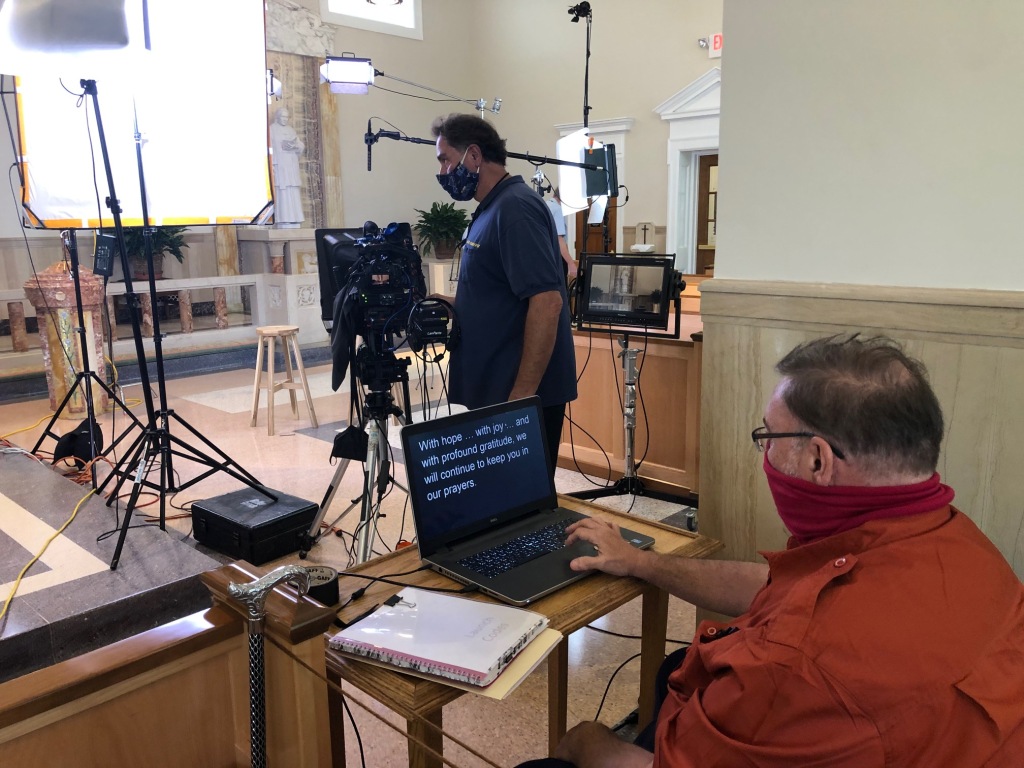
What is a Camera and Teleprompter Video Crew?
A camera and teleprompter video crew consists of a camera operator, a teleprompter operator, and other crew members who work together to make sure the production runs smoothly.
The camera operator is responsible for setting up the camera and capturing the video while the teleprompter operator deals with the technical side of the production. Together, they make sure the video is recorded successfully and that the teleprompter is functioning properly.
Let’s take a closer look at the roles of each crew member.
What is a Camera Operator?
Camera operators use specialized cameras to capture footage for films, television shows and other audiovisual projects. Camera operators help create the visuals that tell the story of a production, from the overall look and feel to specific shots and angles.
Since camera operation requires an understanding of how cameras work and how best to position them for different shots, camera operators must have a technical knowledge of filmmaking as well as a keen artistic eye. Camera operators also have additional duties such as managing lighting operations, setting up tripods or dollies, and synchronizing audio with video.
When working with a specialized camera crew, a camera operator is in charge of setting up the equipment such as the cameras and lights, in order to achieve the desired effect for any given scene. They are also responsible for making sure that all camera movements are smooth and precise so that no shot is ever lost during filming. Additionally, they must monitor all technical aspects of recording including file size, picture resolution and exposure settings while making sure that no unwanted elements find their way into shots during filming.
In addition to manually recording footage on set with standard HD or 4K cameras or unmanned drones, many camera operators utilize teleprompter rigs on productions. This type of setup uses auto-scroll text displays on LED panels near the lens so actors can memorize long scripted lines while keeping their eyes looking natural at all times. As this technology becomes more popular it is becoming increasingly important for skilled camera crew members to know how to set up teleprompter rigs in order to maximize their efficiency on shoots with demanding shooting schedules.
What is a Teleprompter Operator?
When it comes to television broadcasting, video production and most other activities that involve filming in front of a camera, the use of a teleprompter operator is essential. A teleprompter operator is the person responsible for setting up the teleprompter and operating it during production.
Teleprompters are useful devices used to present a written text on-screen for use in television broadcasts or video productions. The teleprompter consists of two basic components: a display device, usually connected to a computer sufficiently powerful enough to render text on-screen from given input, and a shader (usually mounted horizontally between the display device and camera) that reflects what is displayed on-screen onto an additional viewing device typically within view from the presenter or actor. During a production take or broadcast, it’s the duty of the teleprompter operator to continuously monitor both scripts and cues for accuracy and make any necessary changes as requested by directors or producers. Many crews also have an in-house technician who is responsible for any technical issues that arise with equipment during filming.
The presence of a well trained teleprompter operator is extremely beneficial. He or she will be able to set up quickly before every take with minimal external assistance as well as run through re-takes quickly should they be required during production — making sure everything runs smoothly and efficiently throughout the day’s shoot!
How Does a Camera and Teleprompter Video Crew Work?
When it comes to producing a high-quality video, having a professional camera and teleprompter video crew is essential. A camera and teleprompter video crew consists of a director, audio technician, and camera operators. In addition, the production team will also include a scriptwriter, lighting technicians, and possibly a teleprompter operator.
This team works together to create a quality video experience for the audience. Let’s discuss how these roles come together to create the perfect video.
Set up the Camera and Lighting
Before shooting a video, a camera and teleprompter video crew has several setup steps to go through. This includes setting up the camera, lighting and other equipment as required for the shot.
The first step is usually to set up the camera on tripods, mounts or sliders. This will depend on the type of footage that is being filmed and what kind of shots are required for the final end result. The size of the camera will also determine the type of tripods that may be used for different types of shots. It’s important to consider which angle best showcases your subject or environment when planning shots with your crew.
Next, plan out how much lighting you need depending on what kind of footage you want from your shoot. If you plan to shoot in darker areas or at night, extra lights will help showcase brightness inside a darker environment and provide clearer images in your final production. Make sure all lights are positioned where they won’t cast shadows and are secure so they don’t move if someone bumps into them. Set up any stands or overhead booms needed to give more flexibility with angles and movement in order to get dynamic shots easily without having any limitation from equipment positions during filming.
Finally, calibrate different settings in order for all components to work together properly during filming such as framing angles, depth-of-field levels, and saturation settings so that images look their best no matter the shooting conditions or variations between takes which can change even outside in natural light settings due to cloud cover or sunset periods.
Set up the Teleprompter
Once the camera and target are properly positioned and the scene is set with any required props required by the script, the camera and teleprompter video crew sets up a teleprompter. A teleprompter is a device that displays text on a glass sheet at an angle so that it can be read by the person speaking in front of the camera without them having to memorize their lines or look directly at a page of script. It can be connected to a laptop or other device, depending on the shooting environment. The text scrolls from one side of the screen to the other as it is read.
The audio engineer then sets up sound equipment to make sure quality audio for recording. This includes mics for dialogue, sound effects, and music playback. Once all of this is in place, an operator will connect it all up into one smooth operation.
The prompter operator guides cues from the director throughout filming, often communicating through headphones or intercom systems during run-throughs and rehearsals. This helps ensure that all actors are delivering their lines correctly with proper timing for snappy dialogue delivery or comedic timing when necessary. Once recording begins, this same operator makes sure that all activity on both camera and prompter monitors is synchronized with each other before each take and then activates or deactivates each monitor accordingly while filming takes place ensuring clear communication between both parties involved in recording takes throughout production process.
Record the Video
Once the setup of the camera and teleprompter is complete, the camera and teleprompter video crew can then begin recording the video. Recording a video includes placing a camera at the right angle to capture the best quality video and making sure no unwanted noise is included in the background. The camera and teleprompter operator may need to use multiple passes to shoot certain shots, particularly if they are utilizing a split-screen approach in their recordings.
Once all of the shots have been recorded, an editor combines them all together into one smooth-flowing video suitable for broadcast or web consumption. The editor may also make adjustments as needed to remove any glitches or noise that could be an annoyance to viewers. Finally, once all edits have been made, a voiceover artist usually provides voiceover commentary for each scene of the video. This audio helps bring alive each scene and makes it more engaging for viewers. Once everything is created, files of the finished project are delivered to clients for viewing on their computers or other desired platforms.
Common Uses for a Camera and Teleprompter Video Crew
Camera and Teleprompter Video Crews are used for a variety of reasons, from corporate events to television interviews. Having a professional camera and Teleprompter crew is a great way to ensure that the event or interviews runs smoothly and the video quality is top notch.
Let’s look at some of the most common uses for a Camera and Teleprompter Video Crew.
Live Streaming
Live streaming is a great way to reach both general and niche audiences far and wide. With the help of a camera and teleprompter video crew, you can ensure that the content that is being streamed looks professional and meets industry standards. Camera operators on the video crew will know how to select wide angle shots, tracking shots, close-ups, over-the-shoulder shots, close up on images, transitions between presenters or locations, etc. It is important for members of the video crew to be familiar with all of the technology being used to ensure no glitches occur when streaming live videos.
In addition to attractive visuals, audio clarity is key in producing compelling live streams. Therefore it’s essential for microphone placement and sound mixers also be part of the video package offered by a camera/teleprompter crew. During live streams sound mixers will be responsible for analyzing audio signals from multiple channels in order to decide which microphone’s sound should dominate at any given time during production. The task requires technical expertise; hence why music consultants should be part of the package as well since they are skilled in vocal assessment which ensures background music enhances without overpowering the spoken words.
Whether used indoors or outdoors a camera/teleprompter team should plan ahead based on venue type so that they have accounted for any unforeseen effects on controlled television environment such as changing sunlight levels (ie: sudden shadows or bright spots). Professionalism means impeccable exposure levels achieved through appropriate white balancing tools as circumstances change throughout production day which is why lights are also required on location – knowledgable technicians should use lighting equipment effectively accounting for body language & emotion conveyed by skilful performers playing supportive roles during live transmission. Finally video crews must be experienced in modern day ‘live’ broadcasting requirements such as QR codes and real time responding software as more viewers are interacting with broadcasts today than ever before making it essential for all components of production delivery including script writers & engineers also form part of broadcast crew delivering unrivalled viewing experiences that exceed aired expectations every single time!
Corporate Video Production
Video production teams that specialize in corporate video production have the expertise to produce professional-quality video production pieces that companies or organizations need. From a general overview of the company to product demonstrations and team interviews, corporate video crew are involved in putting together videos for a variety of business presentations and meetings. Camera crews usually include a director, an assistant director, at least two camera operators, an audio operator, a grip/lighting technician and possibly extra assistance from the company itself.
Teleprompter Operator Using their knowledge of the script or content for the shoot, the Teleprompter Operator will read it aloud for on-camera talent (or interviewee) so that they can study it easier – enabling them to appear more relaxed when speaking live on camera. The Teleprompter Operator is usually placed away from sight (a monitor is usually set up adjacent to the talent) so that they won’t be visible to on-camera host(s) or interviewees while they cue them through the lines. This requires skillful timing and accuracy; ensuring smoothness during takes to make sure that footage doesn’t need to be reshot. Experienced teleprompter operators have practiced with their operators extensively; familiarizing themselves with precise cues and allowing spontaneous flexibility throughout takes as needed. Typical equipment used includes teleprompters encased in plexiglass housings (monitor stands).
For long shoots involving heavy scripts, having proficient teleprompter operators proficient can make all the difference between successful footage, time savings, valuable time management and efficiency during post-production editing phases.
Event Videography
Event videography services are employed to capture or document every detail of a wide variety of events, such as weddings, parties, conferences, conventions, galas and business meetings. Professional video production companies make use of experienced crews with the right equipment for the job. A camera and teleprompter video crew typically consists of a director/producer, various camera operators and assistants (often referred to as hands-on technicians), a sound operator, teleprompter operator and sometimes an editor.
The main task of the camera and teleprompter video crew is to ensure that all pertinent elements present at an event are properly captured on film in order to create a comprehensive behind-the-scenes account. During an event coverage job, the crew handles setup and breakdown duties according to predetermined plans while taking all safety precautions required by a specific venue or location.
Camera operators record everything that occurs before them in both traditional (film) and nonlinear (digital) formats using HDCAM SR lenses that support 4K resolution cameras; whereas teleprompters minimize talent monologues by providing recorded dialogue/scripts as graphic text which can be read off monitors placed near or on the cameras. Sound operators also work alongside camera crews by carrying out sound test in different locations prior to recording sessions while adjusting levels throughout each take so as to capture clean audio tracks devoid of pops or other anomalies throughout the duration of a particular assignment .
The camera and teleprompter video crew is an expert team of professionals consisting of a director, camera operator, audio engineers and other production crew involved in the full production of videos or films.
It is important to understand how these teams work together in order to create a successful video or film production. By having a well-orchestrated team of experts with their skills aligned, you can rest assured that your production will be successfully completed with high quality results.
With clear direction, experienced guidance and end goals clearly outlined the entire process runs smoothly and efficiently delivering exceptional content that more than meets expectations.
314-913-5626
Mike Haller
stlouisvideocrew@gmail.com

